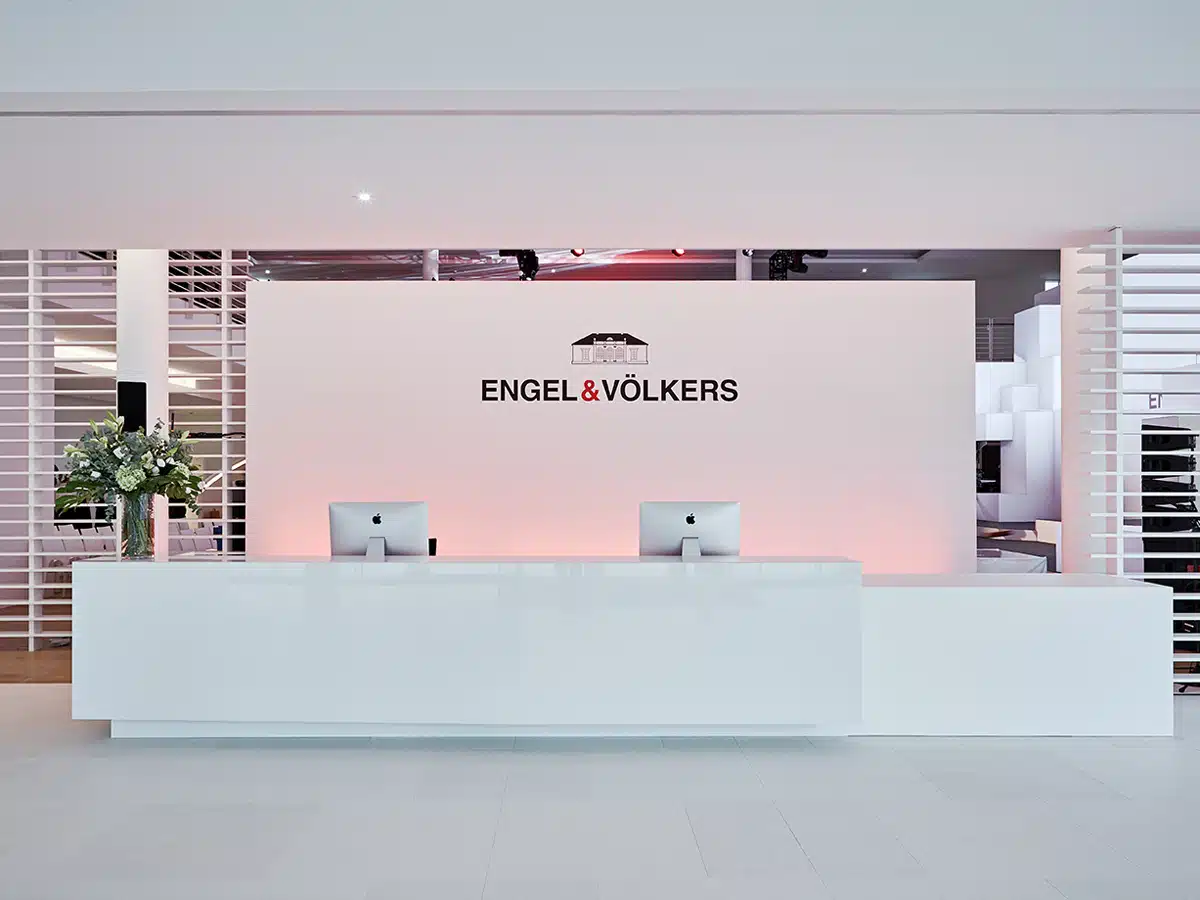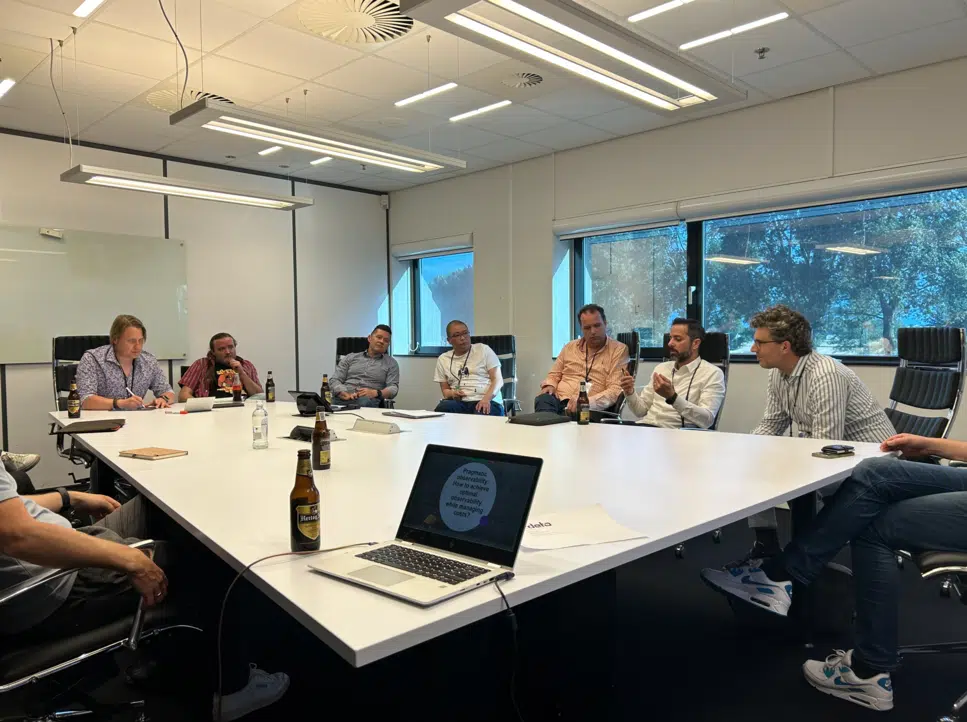In Third Republic’s Salesforce Q&A Series, we speak to industry leaders about what changes they have seen in the Salesforce universe, where they think it is heading, and what this means for those working in the ecosystem today.
We recently caught up with Bill Florio, MVP and Director of Salesforce Initiatives at New Leaders, a business that provides intensive training to leaders at all levels. Bill took the time to talk with us about the work he does with New Leaders and some of the benefits and challenges of working in Salesforce for a non-profit in K12 education.
Third Republic (TR): You are the Director of Salesforce Initiatives at New Leaders, could you explain in a bit more detail the work that you do with them?
Bill Florio (BF): I’ve actually been promoted to Director, Business & Information Technology recently. In the past five years, it was necessary to dedicate 2 FTEs to our Salesforce build as we did not use an implementation partner, myself and my co-admin Jenna Zelenetz did everything ourselves. New Leaders has been training school leaders for close to 20 years and started using Salesforce in 2007 to track those leaders as well as many other business functions.
Our heavily coded instance wore out it’s welcome in 2013 or so so we started over again and completed the work in 2017. We’ve gained momentum with a simplified architecture and LEX, and are extending our reach to more external “customers” meaning participants and alumni of our programs.
Since almost all program-facing work will happen around our community and integrated applications, we’re expanding the amount of FTEs with Salesforce knowledge but dissolving the “Salesforce Team.” I’ll still act as the product owner for Salesforce along with supporting some of our other baseline systems and our hardware team. We’ve adopted a modified scrum system to drive the maintenance of Salesforce as well as our other technical projects. I feel I’ll act as a better scrum master for the product. The project manager should never be the manager of the admins.
Could you outline some of the benefits and challenges of implementing Salesforce initiatives for K12 education?
BF: The biggest challenges with K12 are similar for higher education and non-profits:
-
The majority of staff have always worked in K12 and don’t have experience with how modern office operations run.
-
The definition of data-driven is not clear or actionable based on how teachers capture and measure data. Many staff members have a hard time separating contextual or qualitative data from hard data, for example.
-
K12 organisations like nonprofits think they’re special, they don’t like to see recruiting, contracting and fundraising as sales. They don’t see coaching as support. It makes it a bit harder to roll out straightforward processes as the school climate seems to gravitate towards outliers and exceptions. If you think about it some of these are valid, we do have to work with government bodies much of the time, but in other cases, there’s sometimes a reluctance to take best practices from the corporate space.
The benefits of K12:
-
Most staff members have worked directly with the children we serve for decades, they care deeply about our mission, and I’m inspired daily.
-
There’s an extreme distaste for corporate culture, teaching is a blue-collar profession and the communities we serve are dis-served by buzzwords and idle box ticking and other work to boost the executive ego, as the son of a second generation plumber, this is important to me. I feel Salesforce has made me a 3rd generation plumber.
What appealed to you about getting involved with a non-profit company like New Leaders, and implementing Salesforce Initiatives in K12 schools?
BF: I was actually a near victim of race-related gaps in leadership. I was enrolled in Yonkers Public Schools in the 1980s when they lost a supreme court ruling demanding a reversal of a century of white supremacist housing and urban planning policy.
Almost overnight, the transition and white fear turned my school experience into a nightmare of violence and abuse. Until I changed careers (I’m a former video producer), I walked around with f a chip on my shoulder on the issue. I started working for K12 organisations in 2007 and never looked back.
Could you outline some of the benefits and challenges of working in Salesforce for a non-profit company like New Leaders?
BF: New Leaders employs top K12 leaders from all over the US:
-
The program staff, as well as many of our alumni, are world-class leaders regardless of the space they work
-
The hunger for systems and organisation means I could be working with anyone at New Leaders on any sort of project at any time
-
Our IT function mirrors our program staff both in passion and teamwork
-
New Leaders is a leader in our community as we’re actively sought out by districts for our services. We’ve started to work towards funding model that ensures a higher ability to learn from our work on our own terms.
Challenges include:
-
Like many nonprofits budgets based on fundraising demand a lot of technical scotch tape and sometimes we’re forced into less than ideal situations. For example, I haven’t been able to implement a full release process as the business is so volatile much of the year I’d have to do multiple releases per week to keep programs running.
-
A lot of our technology is outdated, my new role points me at cleaning up servers and infrastructure like I cleaned up our CRM.
-
Roles and responsibilities are not always clear, for example, some of our program staff also do fundraising. “Hey, why can’t I edit opportunities?”
How has your career in Salesforce developed? How did you get to where you are today?
BF: Common sense and charm. One thing I’ve learned about leadership is people respect and follow you more when you’re willing to say, “I really don’t know exactly how to solve your problem, how about we work together on it?” I’ve worked at other organisations and for clients who are very uncomfortable in their skin, fear is the enemy here.
One executive in over their head can wreak havoc on everyone they touch. I try my best to stay fearless. I took an initial admin role without any real admin experience but I trusted the people and they felt they could take a chance on me. I’ve been well served by Salesforce and the community, and I’ve done my best to give back. I was honoured to gain the MVP as I work many weekends helping others with Salesforce. Really it’s just been believing in myself, others have been just as fooled!
What is the best advice you have been given that has helped you on your Salesforce journey?
BF: “Hey try this DLRS thing I heard it’s pretty cool” – Selina Suarez.
Do you think Salesforce certifications are a good way to continue career development?
BF: Probably, I still haven’t gotten up and took any of the tests. I’ll let you know when I get a small break from learning on the job this year and take one.
Do you have any predictions for the future of Salesforce and where the ecosystem is headed?
BF: I think it has to head out of the cloud a bit. I believe technology is cyclical. It went from distributed mainframes and terminals to networks to desktop machines to the internet, wireless, etc. While the cloud is useful, it’s ultimately weak, the pipes are too thin, and the shared nature of SAAS doesn’t allow for actual performance and horsepower.
I need Salesforce to do a UNION query or an arbitrary join. My $100 MS Access can do it, perhaps Salesforce can if it offloads that work to an app on my machine rather than relying on the cloud. I’ll call that as the future despite the promises made by the Silicon Valley sitcom.
Finally, do you have any further comments or advice for those new to navigating the ever-changing world of Salesforce?
BF: Be genuine and bring your full self to your work. Everyone has a unique skill or perspective to bring to the table, spend some time finding what fits you best. It’s now impossible to be an expert in all things Salesforce so find ways to broaden your experience. For example, I volunteered to help other non-profits without an educational mission like nutrition and cancer survival.
I also attend all of the Open Source Community Sprints Salesforce.org holds where I get to interact with partners as well as university customers. Attend every meetup you can and care about the people your work helps be it by writing flows or buying someone a beer while you share ideas.





